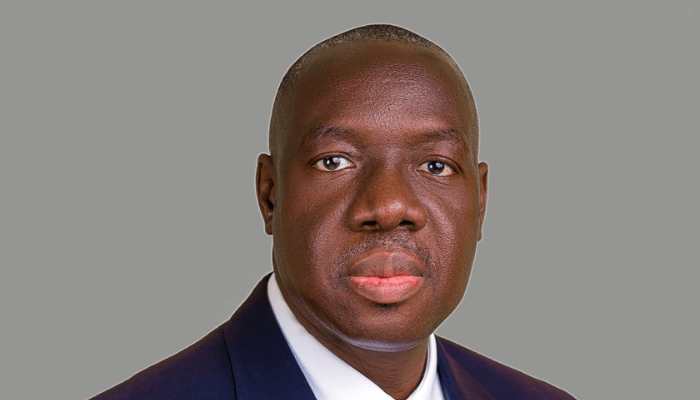Nigerians to pay zero fees on instant transfers soon, says Oiwoh
Premier Oiwoh, managing director and chief executive officer, Nigeria’s Interbank Settlement System (NIBSS) has announced plans to eliminate transfer fees on the NIBSS Instant Payment (NIP) platform in a bid to accelerate the country’s transition from cash-heavy transactions to a smart, digitally driven economy.
He disclosed at the Globus Bank Fintech Summit 2025 in Lagos while delivering a keynote address themed “From Cashless to Smart Economies: Shaping the Next Frontier of Financial Innovation.”
“By next year, we’ll be starting a program towards the complete elimination of the NIP fee, making it zero cost into a subscription model. The general idea is to promote innovation around it,” Oiwoh said.
“Our biggest competition is not fintechs or banks; it is cash on the streets. Eliminating fees will make digital payments more attractive to everyday Nigerians,” he added.
According to Oiwoh, the future of Nigeria’s financial ecosystem hinges on strengthening national payment infrastructure, deepening interoperability, and building resilient systems that can withstand fraud, cyber threats, and operational failures.
He noted that while India and China had deliberate national strategies to bring the unbanked into the financial system, Nigeria still operates largely in silos. He called for a coordinated action plan led at the highest levels of government to drive true financial inclusion, stressing that opening bank accounts without ensuring economic inclusion is insufficient.
Oiwoh also praised the resilience of Nigeria’s regulators, particularly the Central Bank of Nigeria (CBN), for driving standards such as the adoption of ISO 20022 messaging, which will align Nigeria’s payment systems with global benchmarks.
On the role of AFRIGO, Nigeria’s national card scheme, Oiwoh revealed that the platform has processed over N70 billion worth of transactions in 2025 alone, with over one million cards in circulation. He described Afrigo as the only card globally enabling instant credit on point-of-sale (POS) transactions, a feature that has driven strong adoption among merchants.
He further announced that the upcoming National Identity Management Commission (NIMC) multipurpose ID card will carry the Afrigo payment rail, ensuring that millions of Nigerians can access financial services directly through their national ID.
Touching on fraud and cybersecurity, the NIBSS boss urged banks and fintechs to invest more in robust monitoring systems, warning that insider collaboration remains one of the biggest threats to digital trust. He cited the NIBSS Hawk platform as a major tool that has already helped foil multiple fraud attempts across the industry.
“We must never put profitability above compliance,” Oiwoh cautioned. “One regulatory sanction or a single fraud incident can wipe out years of profits. Building resilient, trusted systems is non-negotiable if we want Nigerians to embrace digital payments.”
He also emphasised the need for stronger collaboration among banks, fintechs, and payment service providers, noting that true adoption will come when solutions compete not against each other, but against the dominance of cash.
With government-backed initiatives such as geo-tagging, demo days for fintechs, and innovative payment methods including QR, NFC, and biometric solutions, Oiwoh expressed optimism that Nigeria is on the cusp of becoming a smart economy powered by digital payments.
“Payments are not the destination,” he concluded, “but the foundation for building a vibrant digital economy where innovation, inclusion, and trust drive prosperity.”

